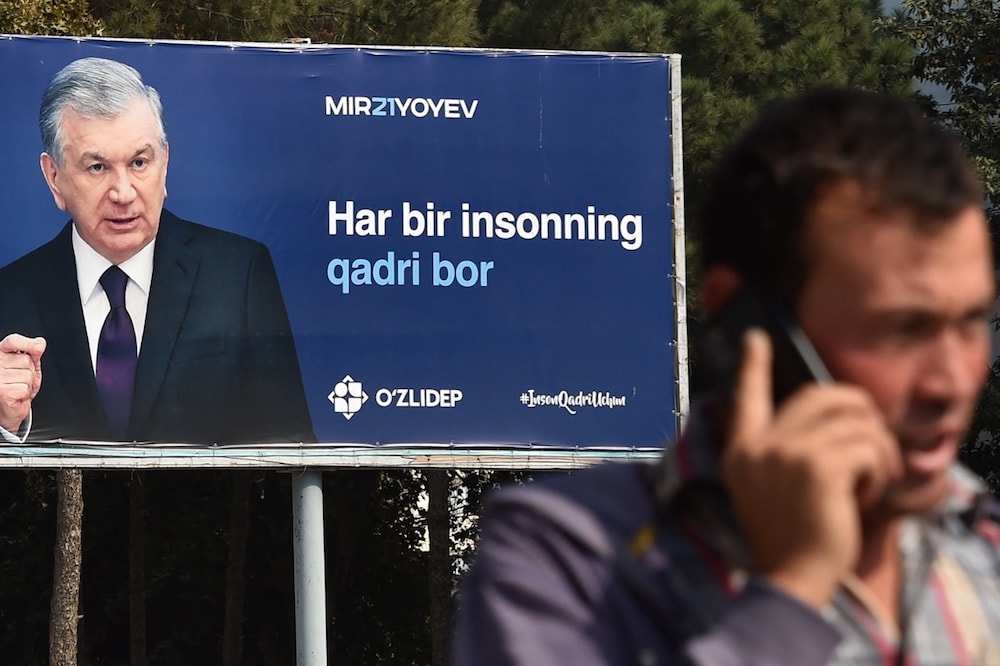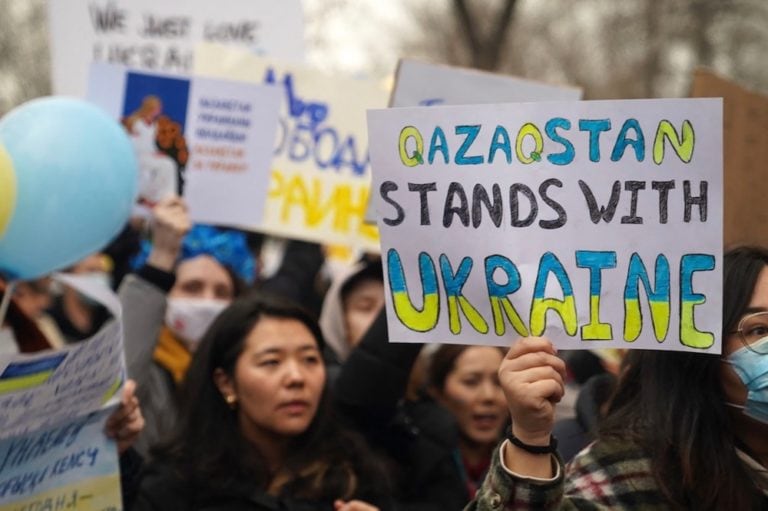Fazilhoja Arifhojaev was convicted of threatening public security by reposting and commenting on a social media post that had questioned whether it was appropriate for a Muslim to congratulate non-Muslims on their religious holidays.
This statement was originally published on hrw.org on 28 January 2022.
Government should uphold free speech and release Fazilhoja Arifhojaev
By Svetlana Vorobyeva, Researcher, @Vorobyeva_sv
A court in Uzbekistan has sentenced a Muslim blogger to seven and a half years in prison for something many people do every day: posting an innocuous message on Facebook.
The criminal court in Tashkent’s Almazar district on January 26 found Muslim blogger and government critic, Fazilhoja Arifhojaev, guilty of threatening public security by reposting and commenting on a social media post that had questioned whether it was appropriate for a Muslim to congratulate non-Muslims on their religious holidays.
Arifhojaev was initially detained at the end of June last year on petty hooliganism charges, and sentenced to 15 days in detention. Instead of releasing him when his sentence ended, the authorities charged him under criminal code article 244-1, part 3 (d) for “distributing or displaying materials containing a threat to public security and public order using mass media or telecommunication, or the Internet.”
Over the years, Human Rights Watch has documented many cases where article 244-1 has been used to criminalize peaceful dissent and freedom of religion and belief in Uzbekistan, and has repeatedly called on the authorities to amend criminal code provisions on extremism, including article 244-1 and 244-2.
Arifhojaev’s health deteriorated during his seven months in pre-trial detention. On January 25 he began a hunger strike that lasted four days to protest the injustice in his case his lawyer, Sergey Mayorov, said. Mayorov also told Human Rights Watch that the police have ill-treated his client both physically and psychologically in pre-trial detention, in some cases inflicting treatment that constitutes torture. At the end of September, according to Mayorov, police handcuffed Arifhojaev to a pipe and made him sit in a stress position for nearly 12 hours, causing him excruciating pain. The authorities have to date failed to investigate his allegations of ill-treatment and torture.
Arifhojaev plans to appeal his conviction.
President Shavkat Mirziyoyev spoke of creating a “New Uzbekistan” at his re-election last year, but if prosecutions like Arifhojaev’s are happening, it is still a long way off. Uzbekistan’s international partners should urge Mirziyoyev’s government to stand by its commitments to free speech and to ensure Arifhojaev is immediately released. Jailing someone for a Facebook post is not the way for such a vision to become reality.



